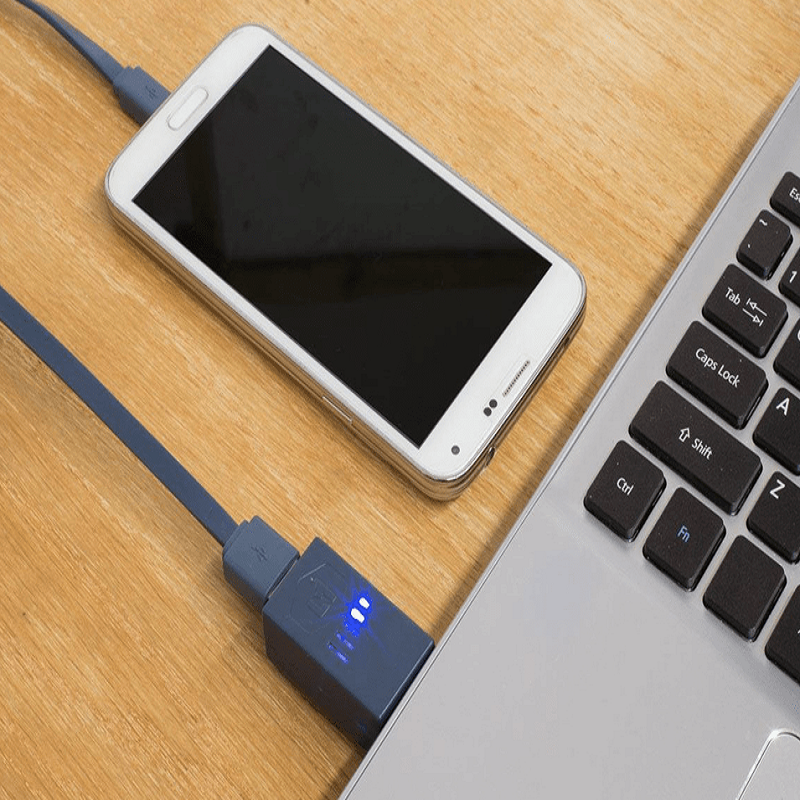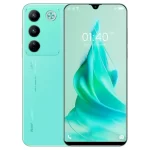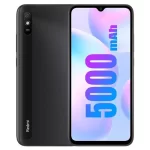If you’ve noticed that your Android phone is charging more slowly than usual, you’re not alone. This is a common issue that can stem from a variety of factors, ranging from hardware problems to software glitches. In this comprehensive guide, we’ll explore the potential reasons behind slow charging and offer practical troubleshooting tips to help you get your device back to optimal performance.
Understanding the Charging Process
How Android Phones Charge
To address slow charging issues effectively, it’s important to understand how your Android phone charges. Modern Android devices use a combination of hardware and software to manage charging. The phone’s battery management system regulates the flow of electricity from the charger to the battery, ensuring safe and efficient charging. Factors such as the type of charger, cable quality, and battery health all play a role in the charging speed.
Factors Affecting Charging Speed
Several factors can affect charging speed, including the type of charger you use, the condition of your charging cable, and the health of your phone’s battery. For instance, using a lower-wattage charger or a damaged cable can significantly slow down the charging process. Additionally, background apps and software issues can impact how quickly your phone charges.
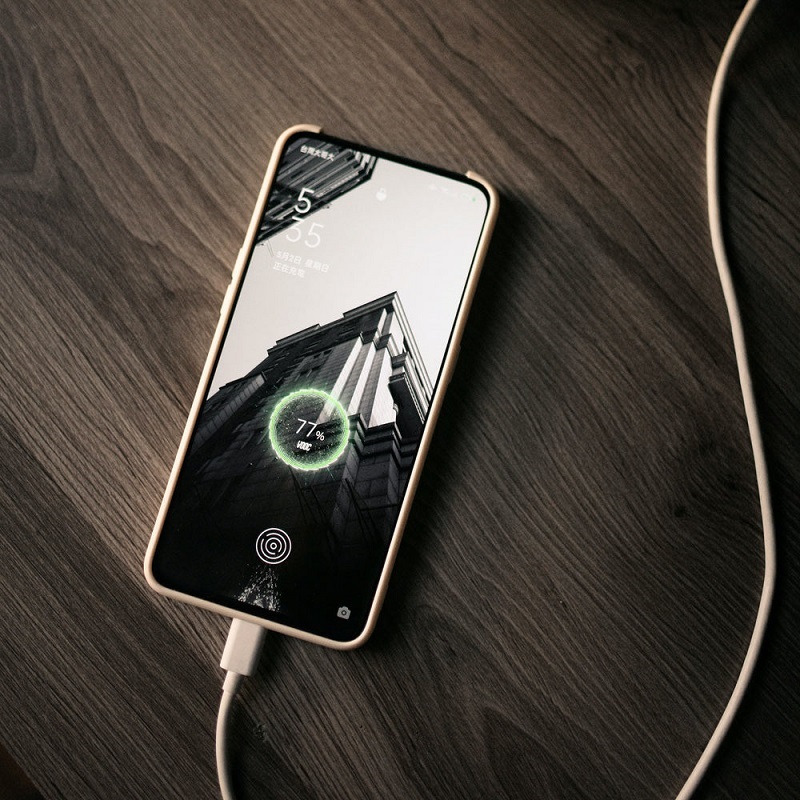
Common Causes of Slow Charging
Faulty Charging Cable or Adapter
One of the most common reasons for slow charging is a faulty charging cable or adapter. Cables and adapters can wear out over time or get damaged, which can lead to inefficient charging. To determine if your cable or adapter is the problem, try using a different charger that is known to work properly. If your phone charges faster with a different charger, it’s likely that your original charger was at fault.
Dirty or Damaged Charging Port
Another potential cause of slow charging is a dirty or damaged charging port. Dust, lint, and other debris can accumulate in the charging port, obstructing the connection between the charger and the phone. This can result in a slower charging rate or even charging failure. Use a soft brush or compressed air to gently clean out the port. If the port is physically damaged, you may need to have it repaired or replaced by a professional.
Battery Health and Performance
Deteriorating Battery Life
As your phone’s battery ages, its ability to hold a charge diminishes. A deteriorating battery can cause slow charging and shorter battery life. If your phone is several years old, it might be time to consider replacing the battery. Some Android phones allow you to check battery health through built-in diagnostic tools or third-party apps. If your battery health is poor, a replacement may be necessary.
Battery Calibration Issues
Sometimes, the issue with slow charging might be related to battery calibration rather than the battery itself. Battery calibration ensures that the phone’s software accurately reflects the battery’s charge level. If the calibration is off, your phone might misreport the battery’s status and exhibit slow charging behavior. To recalibrate your battery, fully charge your phone to 100%, then let it discharge completely until it shuts off. Charge it back to 100% without interruption to recalibrate the battery.
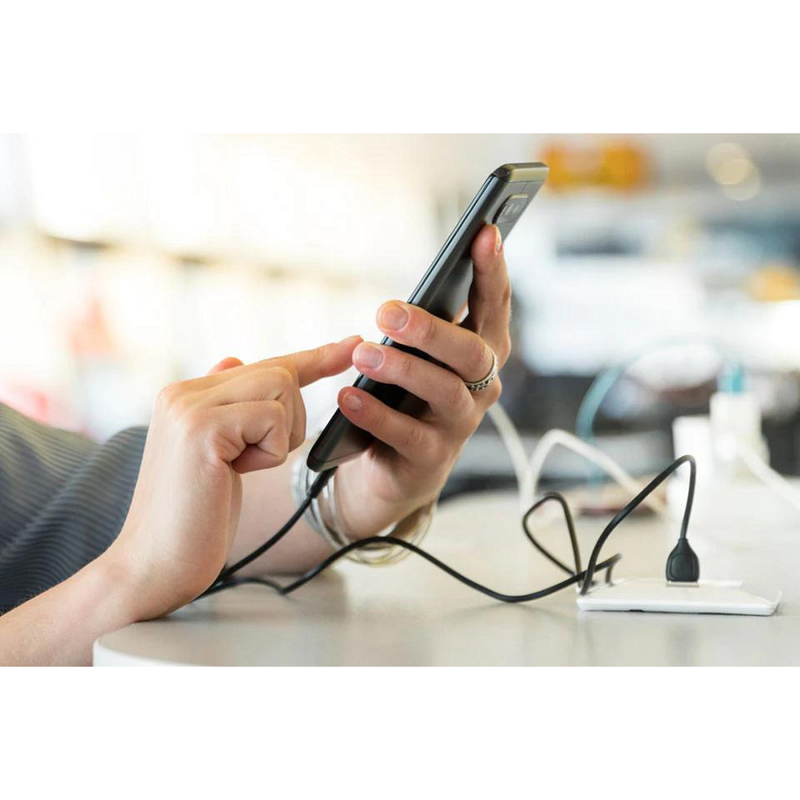
Software and System Factors
Software Glitches and Updates
If your phone’s operating system has bugs or performance issues, it may affect the charging process. Ensure that your phone’s software is up to date by checking for system updates in the settings menu. Additionally, restarting your phone can help resolve minor software glitches that may be causing slow charging.
Background Apps and Processes
Background apps and processes can consume battery power and slow down the charging process. If you have multiple apps running in the background, they can prevent your phone from charging efficiently. To improve charging speed, close any unnecessary apps and limit background processes. You can also enable battery saver mode to reduce background activity and optimize charging.
Charging Settings and Options
Fast Charging Features
Many modern Android phones support fast charging technology, which allows for quicker charging times. However, not all chargers and cables support fast charging. Check if your phone supports fast charging and ensure that you’re using a compatible charger and cable. Fast charging can significantly reduce the time it takes to charge your phone, so investing in a fast charger may be worthwhile.
Power Saving Modes
Power saving modes can help extend battery life but may also affect charging speed. If your phone is in power-saving mode, it might prioritize conserving battery power over charging speed. Check your phone’s settings to see if power-saving modes are enabled and disable them if you want to speed up the charging process. Keep in mind that power-saving modes can be useful for extending battery life in critical situations.
External Factors Influencing Charging Speed
Environmental Conditions
Environmental conditions can also impact charging speed. Extreme temperatures, either too hot or too cold, can affect how quickly your phone charges. It’s best to charge your phone in a temperature-controlled environment, ideally between 32°F and 95°F (0°C to 35°C). Charging your phone in very hot conditions can cause overheating, which can further slow down the charging process and potentially damage the battery.
Charging Location
The location where you charge your phone can also influence charging speed. Charging your phone while using it heavily, such as playing games or using power-intensive apps, can slow down the charging process. Additionally, charging your phone in areas with poor ventilation can cause the device to overheat, which may affect charging efficiency. Try to charge your phone in a well-ventilated area and avoid using it excessively while it’s charging.
Troubleshooting Tips and Solutions
Check and Replace Charger and Cable
If you suspect that the charger or cable is the issue, try using a different charger and cable to see if the charging speed improves. Ensure that both the charger and cable are compatible with your phone and support the required charging specifications. If replacing the charger and cable resolves the issue, consider investing in high-quality accessories to avoid future problems.
Clean Charging Port and Inspect for Damage
Regularly clean your phone’s charging port to remove any debris that might obstruct the connection. Use a soft brush or compressed air to carefully clean the port. Inspect the port for any signs of damage or wear. If you notice any physical damage, such as bent pins or loose connectors, you may need to have the port repaired or replaced by a professional technician.
Update Software and Restart Phone
Keep your phone’s software up to date to ensure that you have the latest bug fixes and performance improvements. Check for system updates in the settings menu and install any available updates. Additionally, restarting your phone can help resolve minor software glitches that may be affecting charging speed. Restart your phone and see if the charging speed improves.
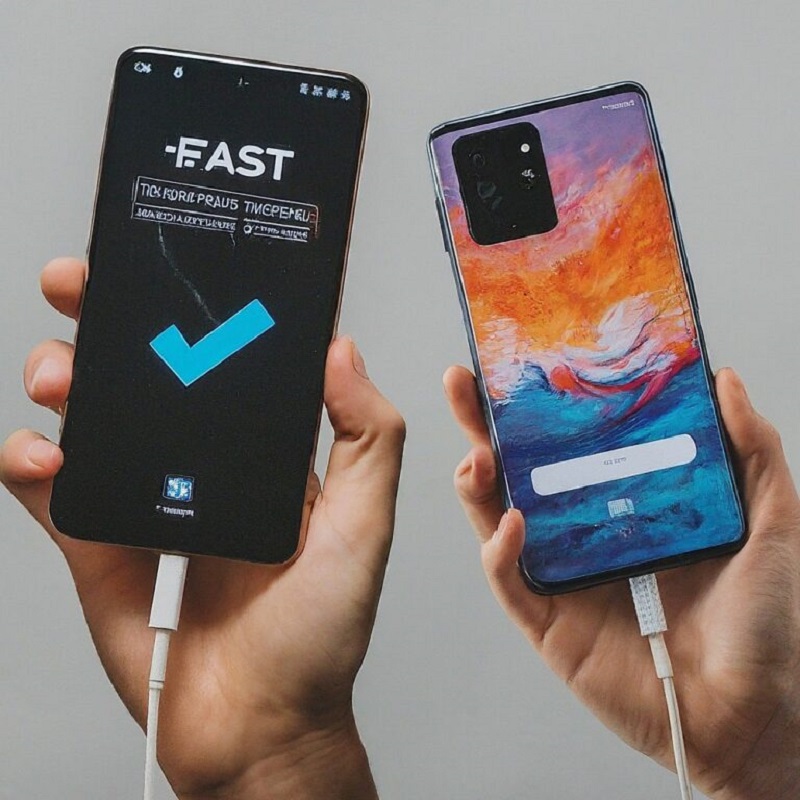
Check Battery Health and Calibration
If you suspect that the battery is the problem, check its health using built-in diagnostic tools or third-party apps. If the battery health is poor, consider replacing the battery. Additionally, recalibrate the battery by fully charging it to 100% and then letting it discharge completely before charging it back up. This can help improve battery performance and charging speed.
Conclusion
Summary of Common Issues
Slow charging on Android phones can be caused by a variety of factors, including faulty chargers, dirty charging ports, deteriorating battery health, software glitches, and external conditions. Understanding these potential causes is crucial for diagnosing and addressing the issue effectively.
Final Recommendations
To resolve slow charging issues, start by checking and replacing the charger and cable if necessary. Clean the charging port and inspect it for damage. Ensure that your phone’s software is up to date and consider recalibrating the battery if needed. By following these troubleshooting tips, you can improve your phone’s charging speed and overall performance. If the problem persists, it may be beneficial to consult with a professional technician for further assistance.
